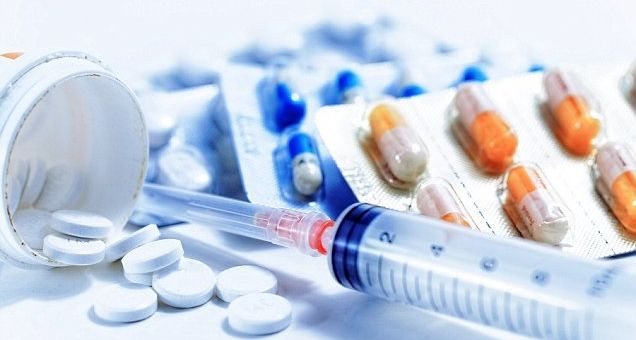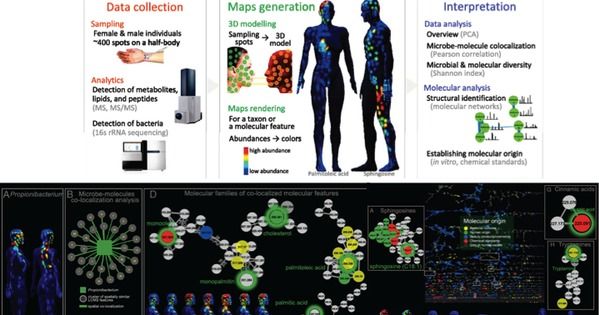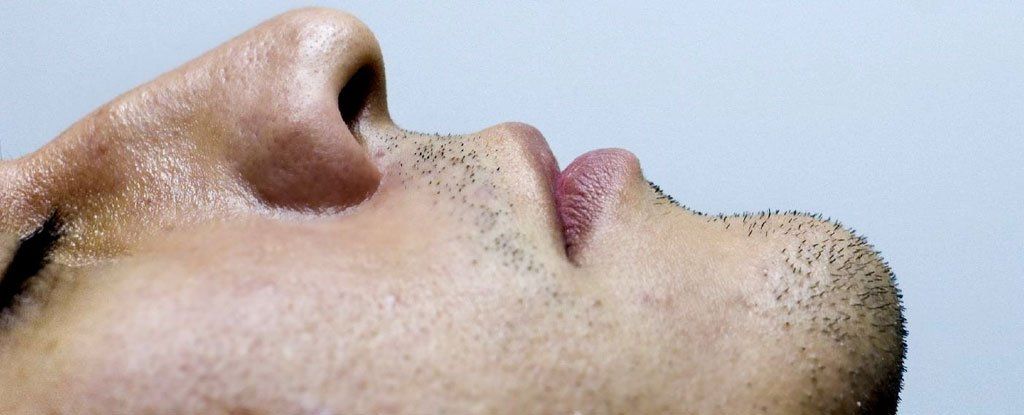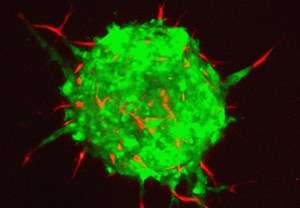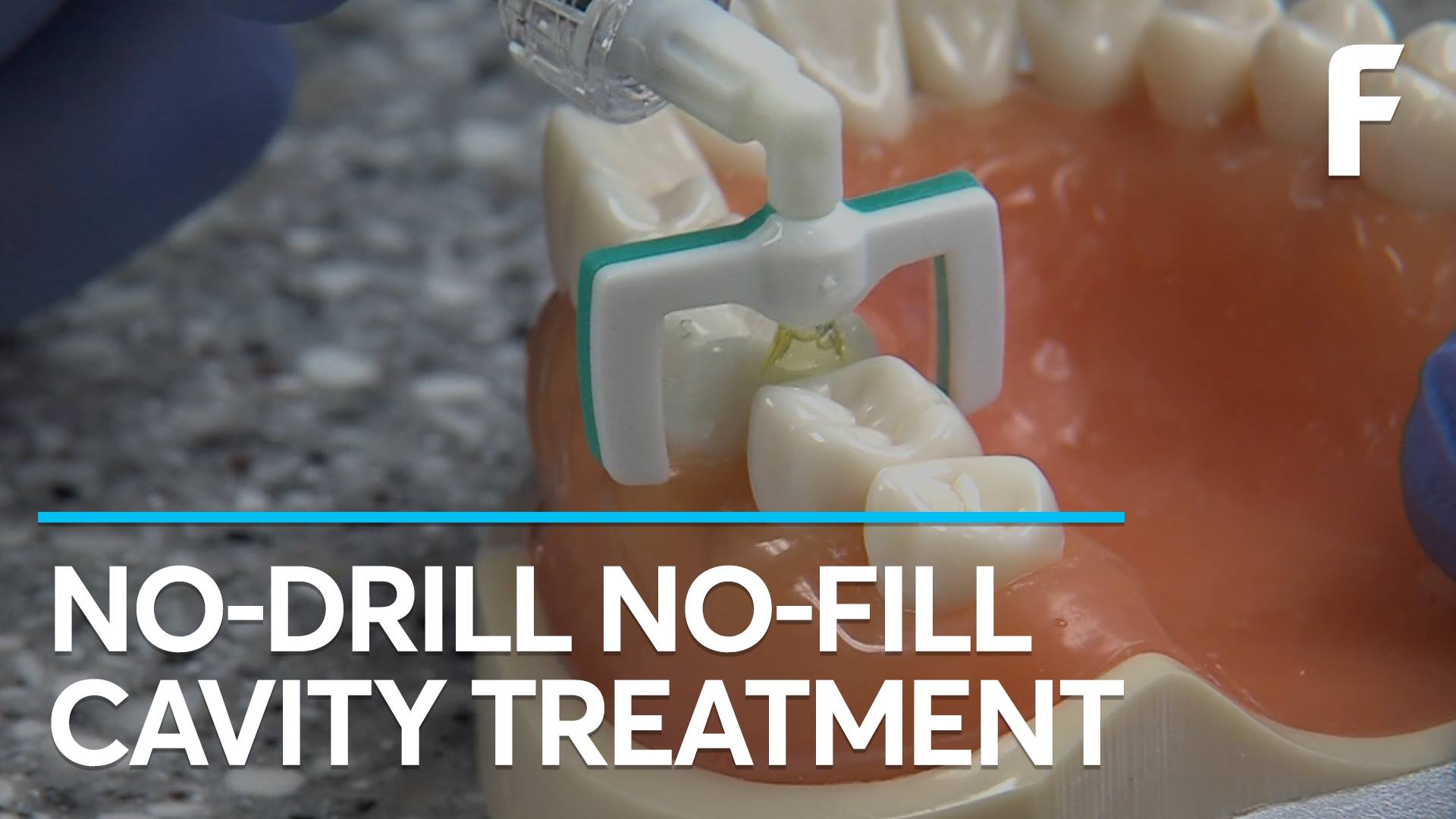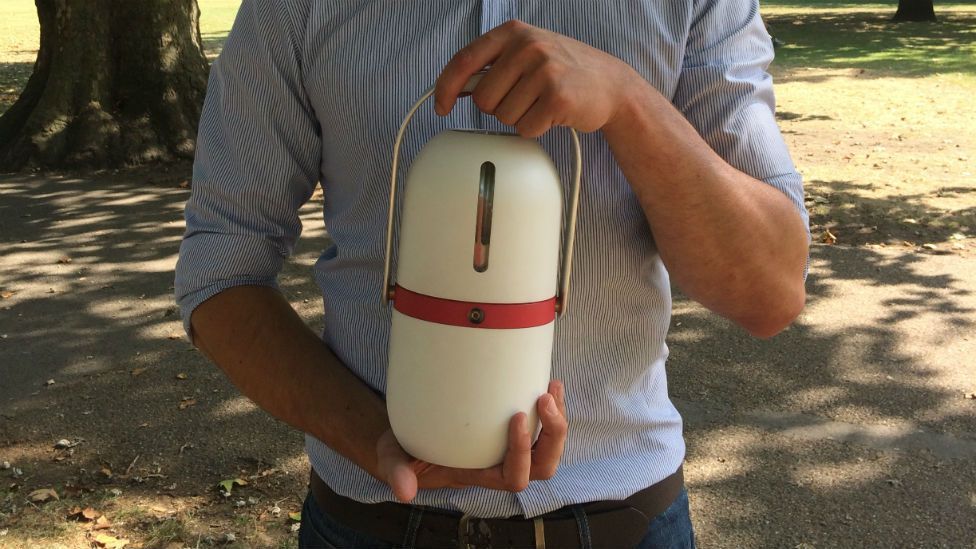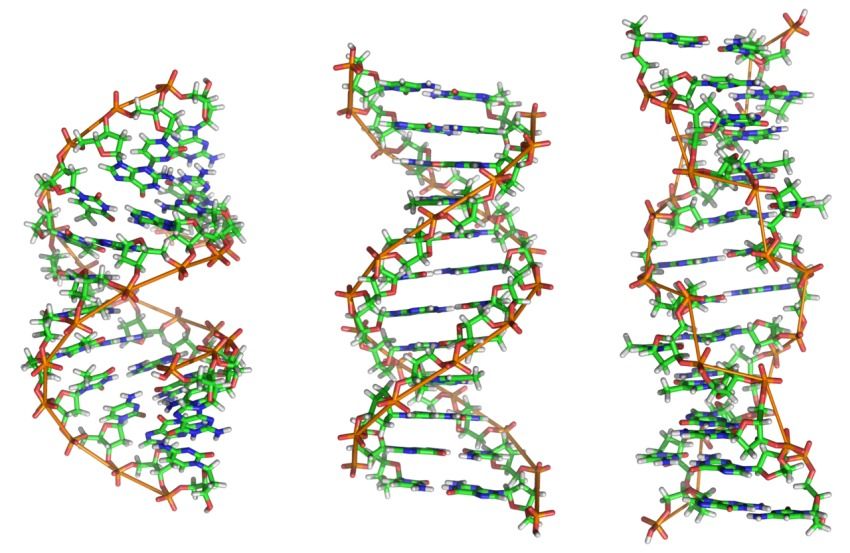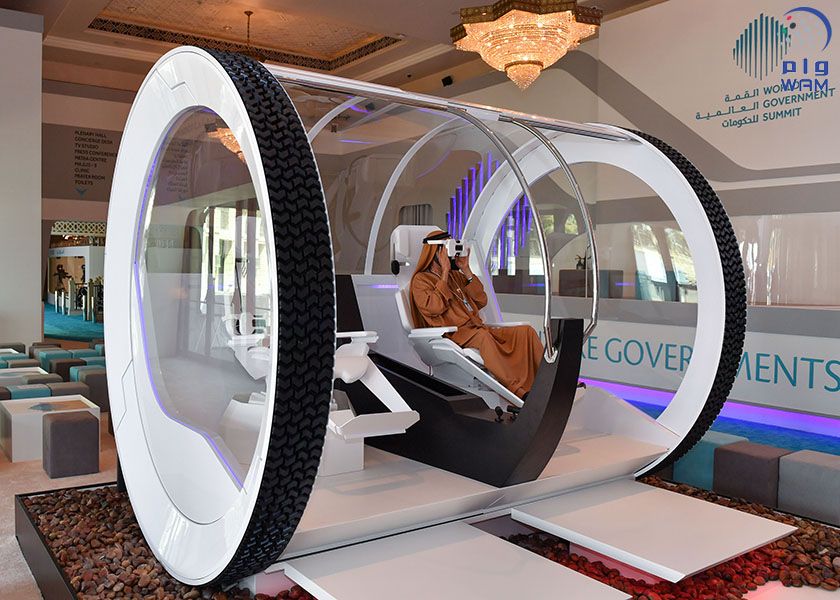Archive for the ‘biotech/medical’ category: Page 2446
Feb 26, 2017
Making 3D maps of every cell in the human body
Posted by Klaus Baldauf in categories: biotech/medical, health, neuroscience, virtual reality
On 10 February 2017, the London-based charity Cancer Research UK announced that a team of molecular biologists, astronomers and game designers would receive up to £20 million (US$25 million) over the next five years to develop its interactive virtual-reality map of breast cancers. Currently there are animations for tumor that allow virtual flew throughs. However, they are mock-up. The real models will include data on the expression of thousands of genes and dozens of proteins in each cell of a tumor. The hope is that this spatial and functional detail could reveal more about the factors that influence a tumor’s response to treatment.
The project is just one of a string that aims to build a new generation of cell atlases: maps of organs or tumors that describe location and make-up of each cell in painstaking detail.
Cancer Research UK awarded another team up to £16 million to make a similar tumor map that will focus on metabolites and proteins. Later this year, the US National Institute of Mental Health will announce the winners of grants to map mouse brains in extraordinary molecular detail. And on 23–24 February, researchers will gather at Stanford University in California to continue planning the Human Cell Atlas, an as-yet-unfunded effort to map every cell in the human body.
Continue reading “Making 3D maps of every cell in the human body” »
Feb 25, 2017
Scientists Say Induced Hibernation Could Help Us Fight Cancer in the Future
Posted by Shane Hinshaw in category: biotech/medical
Hibernation used in conjunction with radiotherapy could be the key to fighting cancer in the future, according to new research.
Putting cancer patients into a hibernation-like ‘deep sleep’ state could hypothetically slow down their bodily functions and halt the spread of tumours inside their tissues, while also increasing the body’s resistance to radiation, scientists suggest.
The experimental treatment – which is still many years away from being attempted in humans – might sound like science fiction, but does have some grounding in reality.
Continue reading “Scientists Say Induced Hibernation Could Help Us Fight Cancer in the Future” »
Feb 25, 2017
Cancer cells hijack healthy cells to help them spread to other organs
Posted by Kevin Huang in categories: bioengineering, biotech/medical
An interaction between two proteins enables cancer cells to use the physical forces of healthy cells to start spreading to other parts of the body.
The finding by researchers from the Francis Crick Institute in London and the Institute for Bioengineering of Catalonia (IBEC) in Barcelona is published in the journal Nature Cell Biology.
The process by which cancer cells separate from the original tumour to form new tumours in other organs or tissues of the body is called metastasis, and it is responsible for the majority of deaths in patients with cancer.
Continue reading “Cancer cells hijack healthy cells to help them spread to other organs” »
Feb 25, 2017
Filling Cavities Is Easier Than Ever With This Tool
Posted by Shane Hinshaw in category: biotech/medical
Feb 25, 2017
This invention by a British student could save millions of lives across the world
Posted by Klaus Baldauf in categories: biotech/medical, innovation
A 22-year-old British student has invented a mobile fridge that could save millions of lives across the world.
Will Broadway’s “Isobar” has been designed to keep vaccines at the ideal temperature while in transit in developing countries.
And Will doesn’t plan to make money from his creation.
Feb 25, 2017
Computing with biochemical circuits made easy
Posted by Karen Hurst in categories: bioengineering, biotech/medical, computing, satellites
Electronic circuits are found in almost everything from smartphones to spacecraft and are useful in a variety of computational problems from simple addition to determining the trajectories of interplanetary satellites. At Caltech, a group of researchers led by Assistant Professor of Bioengineering Lulu Qian is working to create circuits using not the usual silicon transistors but strands of DNA.
The Qian group has made the technology of DNA circuits accessible to even novice researchers—including undergraduate students—using a software tool they developed called the Seesaw Compiler. Now, they have experimentally demonstrated that the tool can be used to quickly design DNA circuits that can then be built out of cheap “unpurified” DNA strands, following a systematic wet-lab procedure devised by Qian and colleagues.
A paper describing the work appears in the February 23 issue of Nature Communications.
Feb 24, 2017
The Long-Shot Bid to Put Crispr in the Hands of the People
Posted by Dan Kummer in categories: bioengineering, biotech/medical, genetics, government, law
Last week, the US Patent and Trademarks Office ruled on the most-watched patent proceeding of the 21st century: the fight for Crispr-Cas9. The decision was supposed to declare ownership of the rights to the revolutionary gene editing technique. But instead, the patent judge granted sorta-victories to each of the rival parties—a team from UC Berkeley and another with members from both MIT and Harvard University’s Broad Institute. That’s great for those groups (and their spin-off, for-profit gene editing companies with exclusive licenses). But it leaves things a bit murkier for anyone else who wants to turn a buck with gene editing.
The Crispr discoverers now have some authority over who gets to use Crispr, and for what. And while exclusive licenses aren’t rare in biotech, the scope of these do stand out: They cover all the 20,000-plus genes in the human genome. So this week, legal experts are sending a formal request to the Department of Health and Human Services. They want the federal government to step in and bring Crispr back to the people.
Crispr is new, but patent laws governing genetic engineering date back decades. In 1980, shortly after the Supreme Court ruled that genetically engineered microbes were patentable, Congress passed something called the Bayh-Doyle Act. The law gives permission for universities to patent—and license—anything their researchers invented with public funds, making it easier to put those inventions back in the hands of citizens.
Feb 24, 2017
Garmin engineer shot and killed in Kansas
Posted by Karen Hurst in categories: biotech/medical, economics
My apologies ahead of time everyone. LifeBoat is about awareness, discovery, history, social and economics and healthcare. And, I never ever post social situations on our site; however, I must raise this as it is all about humanity, being civilized, showing empathy, and respecting each other for, our passions in tech, science, medicine, etc., and simply for being humans with empathy.
Yesterday, I saw a disgusting report on how an innocent husband and wife who are US citizens and of Pakistan descent where verbally attacked by a horrible man on a flight to Houston, TX.
And, Wednesday a fellow techie lost his life in Kansas for being of Indian descent and his features. The person who shot and killed the young man didn’t even know if the engineer was born in the USA, or immigrated here or a citizen, etc. He just killed him as he verbally attacked him.
Continue reading “Garmin engineer shot and killed in Kansas” »
Feb 23, 2017
VP tasks Mohammed Bin Rashid Space Centre to lead Mars 2117 project
Posted by Karen Hurst in categories: biotech/medical, government, quantum physics, robotics/AI, space
UAE will be a major player in technology innovation of the future as they like Israel, Africa, Eastern Europe, and various parts of Asia such as the current ones of China and India as well as Australia and Vietnam will be the new emerging leaders in tech innovation. We’re entering a period of radical change and a complete overhaul of science (including medical) and technology thanks to the realities and opportunities of Quantum. The following announcement shows US UAE’s own commitment to being a leader and I promise you there is much more to come from these amazing hotspots of innovation and invention.
Vice President and Prime Minister and Ruler of Dubai, His Highness Sheikh Mohammed bin Rashid Al Maktoum, issued directives to Mohammad Bin Rashid Space Centre, MBRSC, to lead the Mars 2117 project and prepare a 100-year plan for its implementation.
As per his directives, the centre’s plan will focus on preparing specialised national cadres and developing their capabilities in the fields of space science, research, artificial intelligence, robotics and advanced space technologies.
Continue reading “VP tasks Mohammed Bin Rashid Space Centre to lead Mars 2117 project” »
